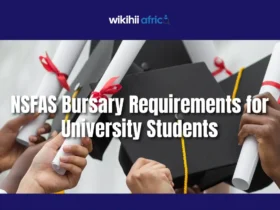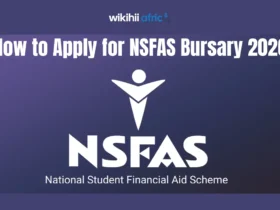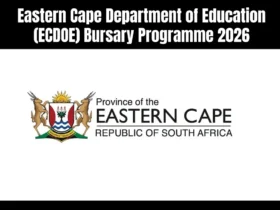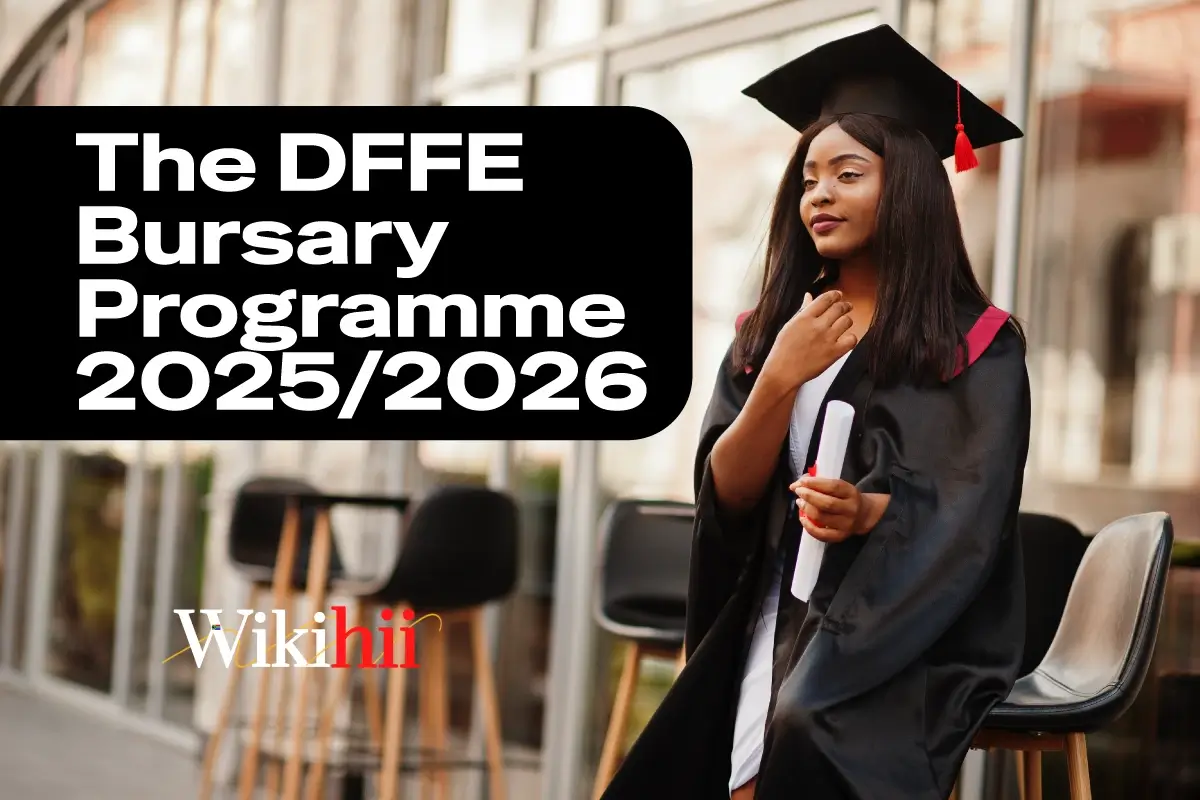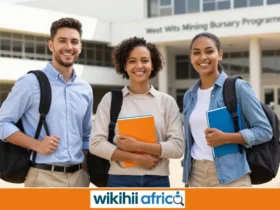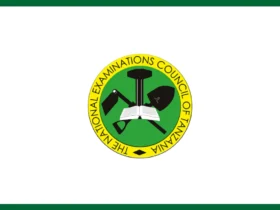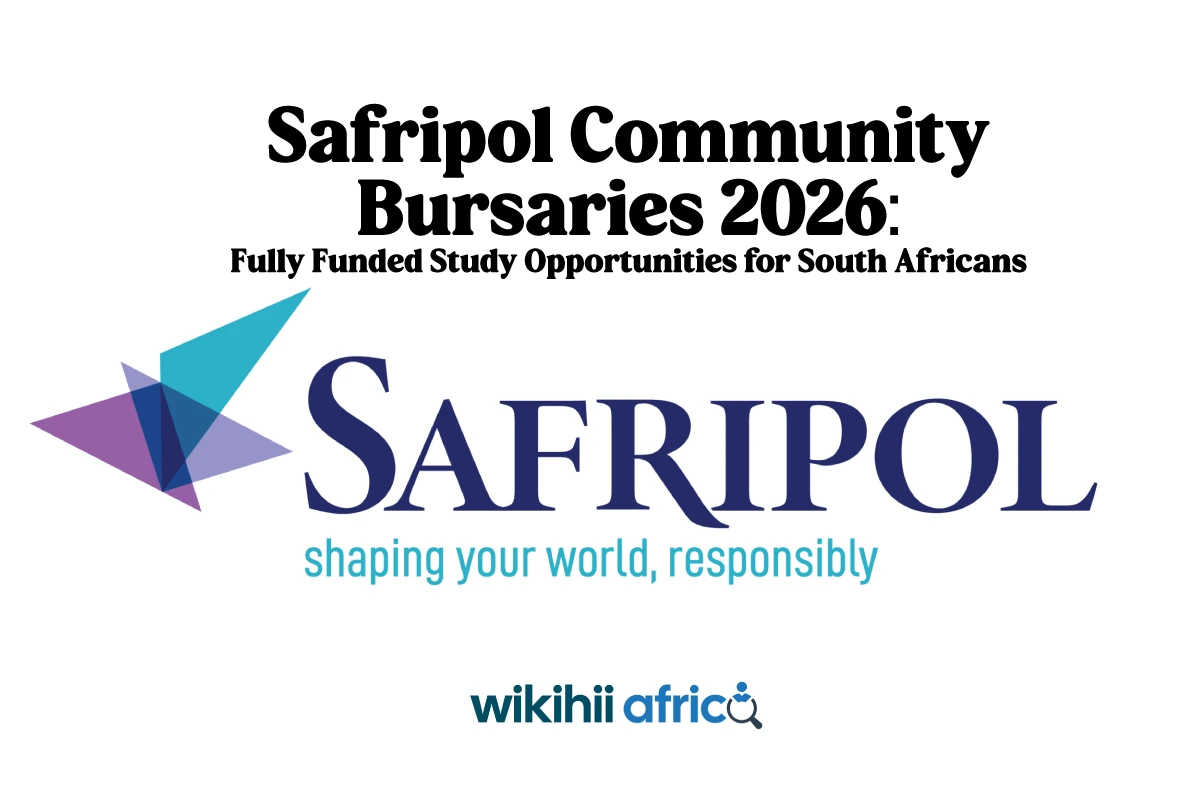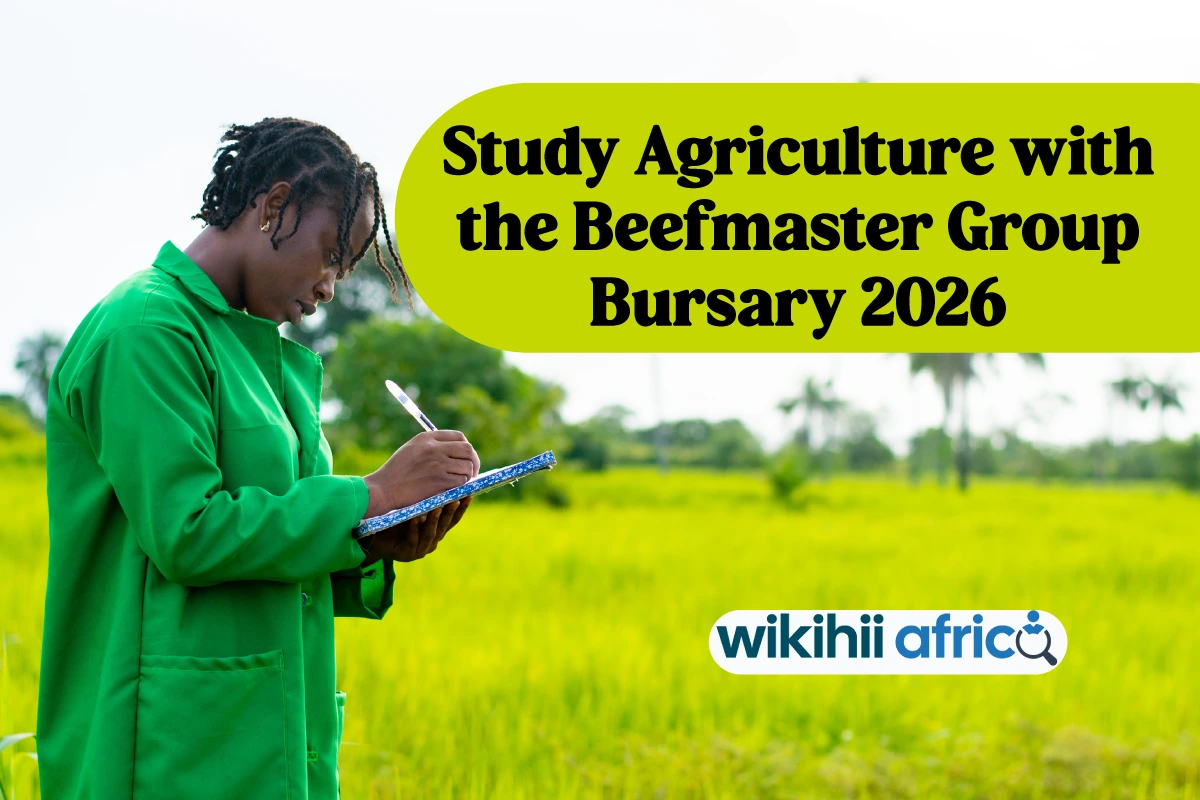The DFFE Bursary Programme 2025/2026: Grade 12 Learners & Full-Time Students
Introduction
The Department of Forestry, Fisheries and the Environment (DFFE) bursary programme for 2025/2026 supports Grade 12 learners and full-time tertiary students who wish to study fields related to environmental sustainability, natural resource management and allied sciences. This guide explains who is eligible, which study fields are prioritised, required documents, the application process, tips for a strong submission, and useful official resources.
Why this bursary matters / Opportunities
- Builds critical capacity: DFFE bursaries target skills South Africa needs — forestry, fisheries, conservation, environmental management and related disciplines.
- Enables access: Financial support removes barriers so capable students can complete tertiary studies without excessive debt.
- Supports sustainability careers: Graduates are equipped to work in government, NGOs, research institutions and the private sector on environmental priorities.
Who is eligible
- Full-time students registered at recognised universities or institutions of higher learning.
- Grade 12 (matric) learners who intend to study full-time after school.
- Applicants must be unemployed and South African citizens.
- Applicants must meet DFFE’s academic and financial-need criteria (see the official specification).
Study fields supported
DFFE prioritises a wide range of environmental and natural-resource disciplines. Typical fields include (but are not limited to):
- Forestry science, wood technology, nature conservation
- Environmental management, environmental science, environmental health, waste management
- Marine biology, freshwater ecology, aquaculture, aquatic sciences
- Game ranch management, biodiversity, botany, geology
- Supporting specialisations such as environmental law, climate change studies, spatial planning and environmental economics
What documents are needed
Complete documentation is essential. Typical required documents are:
- A motivation letter explaining why you deserve the bursary and how your studies align with DFFE’s mandate.
- Certified copies of past academic results and qualifications (Grade 12 results for matriculants; recent tertiary transcripts for current students).
- Certified copy of your ID (and parents’/guardian’s IDs where requested).
- Proof of registration if you are already enrolled at a tertiary institution.
- Evidence of financial need (parents’/guardians’ income, affidavits if unemployed, death certificates if applicable).
Application process & deadlines
Application windows typically open between September and December for the next academic intake. Key points:
- Watch the DFFE website and official announcements for the application opening and closing dates.
- Complete the online application form (where provided) and attach all certified supporting documents.
- Shortlisted candidates may be required to sign a bursary contract and attend interviews or evaluations.
- All applicants should keep proof of submission (screenshots, confirmation emails or reference numbers).
How to apply / What to expect
- Read official guidance: start at the DFFE bursary page to confirm current intake dates and the full list of required documents.
- Prepare documentation early: get copies certified well before the deadline to avoid last-minute problems.
- Write a strong motivation: explain your study choice, connection to DFFE’s goals, and how you will contribute to environmental stewardship after graduation.
- Submit online: use the official DFFE application channel and keep submission proof.
- Follow up: check emails and the portal for shortlisting updates and further requests from DFFE.
Common challenges
- Incomplete applications: missing certified documents or incomplete forms are frequently disqualified.
- Late certification: certification queues increase near deadlines — certify documents early.
- Insufficient financial evidence: provide clear, verifiable proof of household income or affidavits where necessary.
- Not matching field codes: ensure you select/indicate the correct reference number for your field of study on the application form.
Tips for success
- Prepare a concise, compelling motivation letter that links your career goals to environmental impact and DFFE priorities.
- Ensure all documents are correctly certified and legible; organise them in the order requested.
- Be specific about your intended course and institution — include proof of acceptance or registration where possible.
- Keep a digital and physical copy of every submission and correspondence.
- Ask a mentor, teacher or employer to review your motivation and CV before submission.
Useful resources
- Department of Forestry, Fisheries & the Environment (DFFE) — official site and bursary announcements: https://www.dffe.gov.za/
- Department of Higher Education & Training (DHET): https://www.dhet.gov.za/
- National Student Financial Aid Scheme (NSFAS): https://www.nsfas.org.za/
- DFFE bursary guidance and local tips on Wikihii: DFFE Bursary guide on Wikihii
- Join bursary and job alerts via our WhatsApp channel: Wikihii Jobs & Bursary Alerts (WhatsApp)
- Local bursary listings and advice: check recognised aggregators but always verify with the official DFFE announcement.
Conclusion
The DFFE Bursary Programme 2025/2026 is a strategic opportunity for South African Grade 12 learners and full-time tertiary students committed to environmental and natural-resource careers. Start preparing early: gather certified documents, craft a persuasive motivation that links your goals to DFFE’s mandate, and submit your application through the official DFFE channel when the intake opens. If you’d like, I can draft a motivation letter or checklist tailored to your study field — tell me your planned course and a brief personal summary and I’ll prepare it for you.


